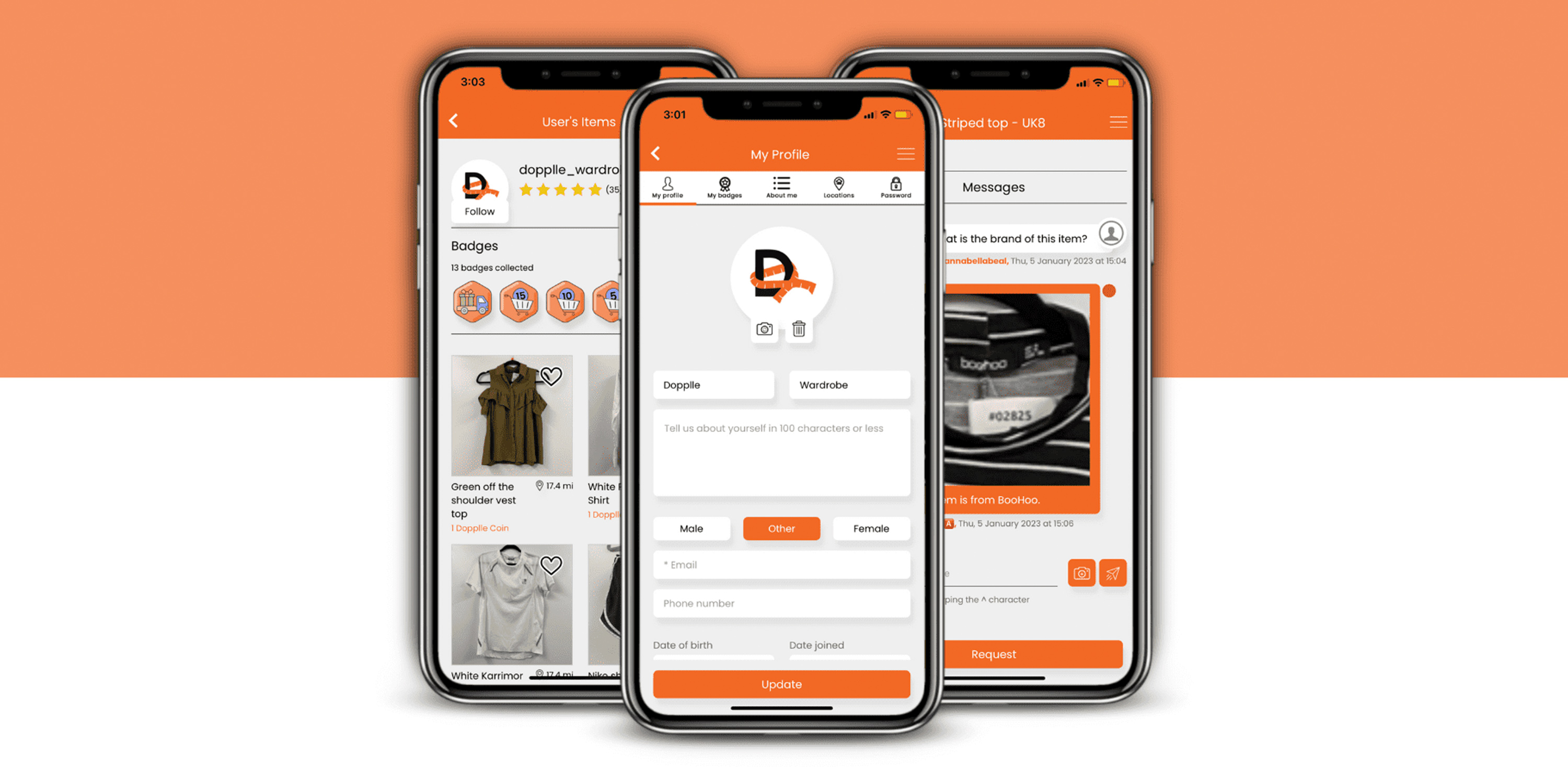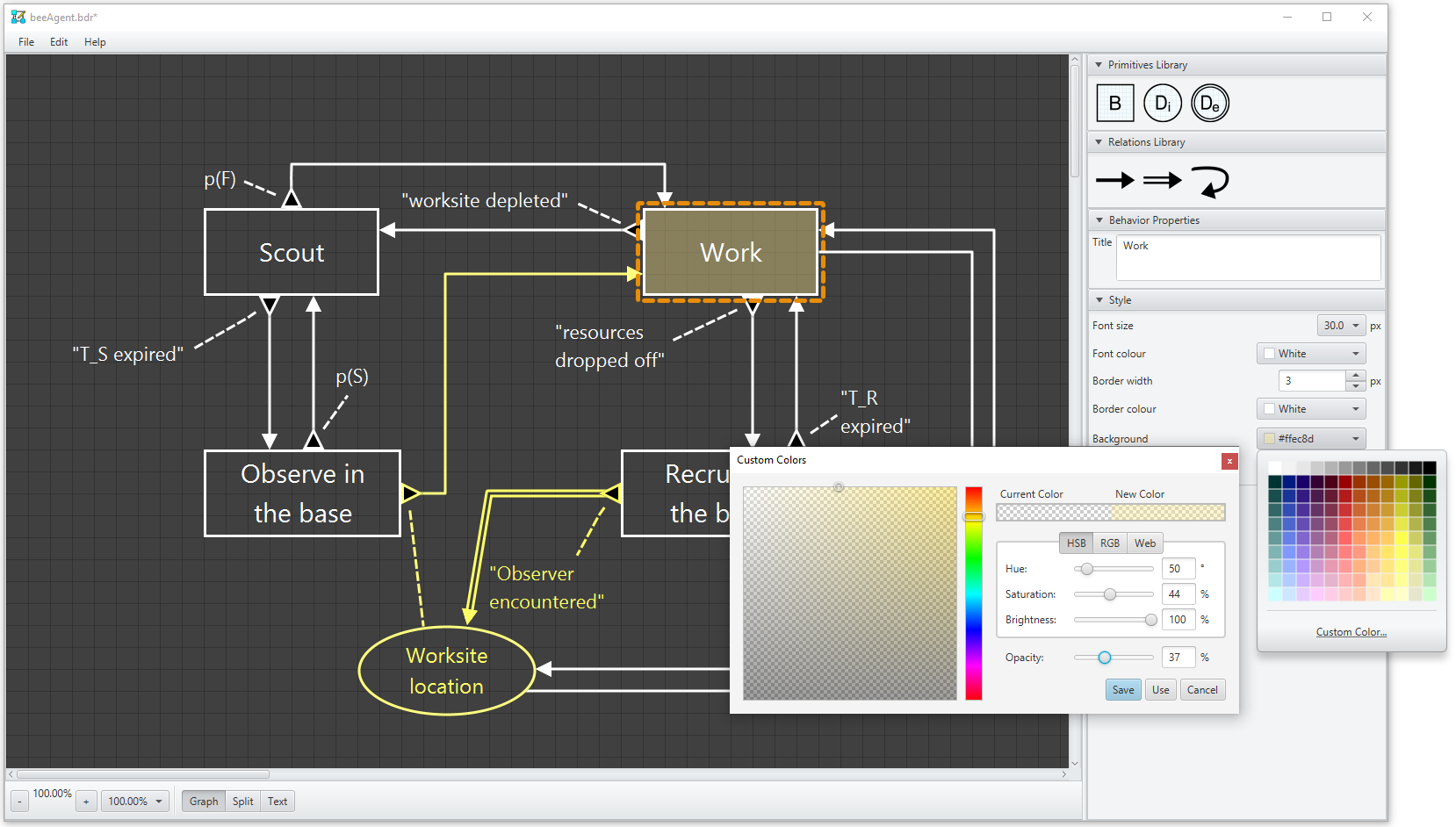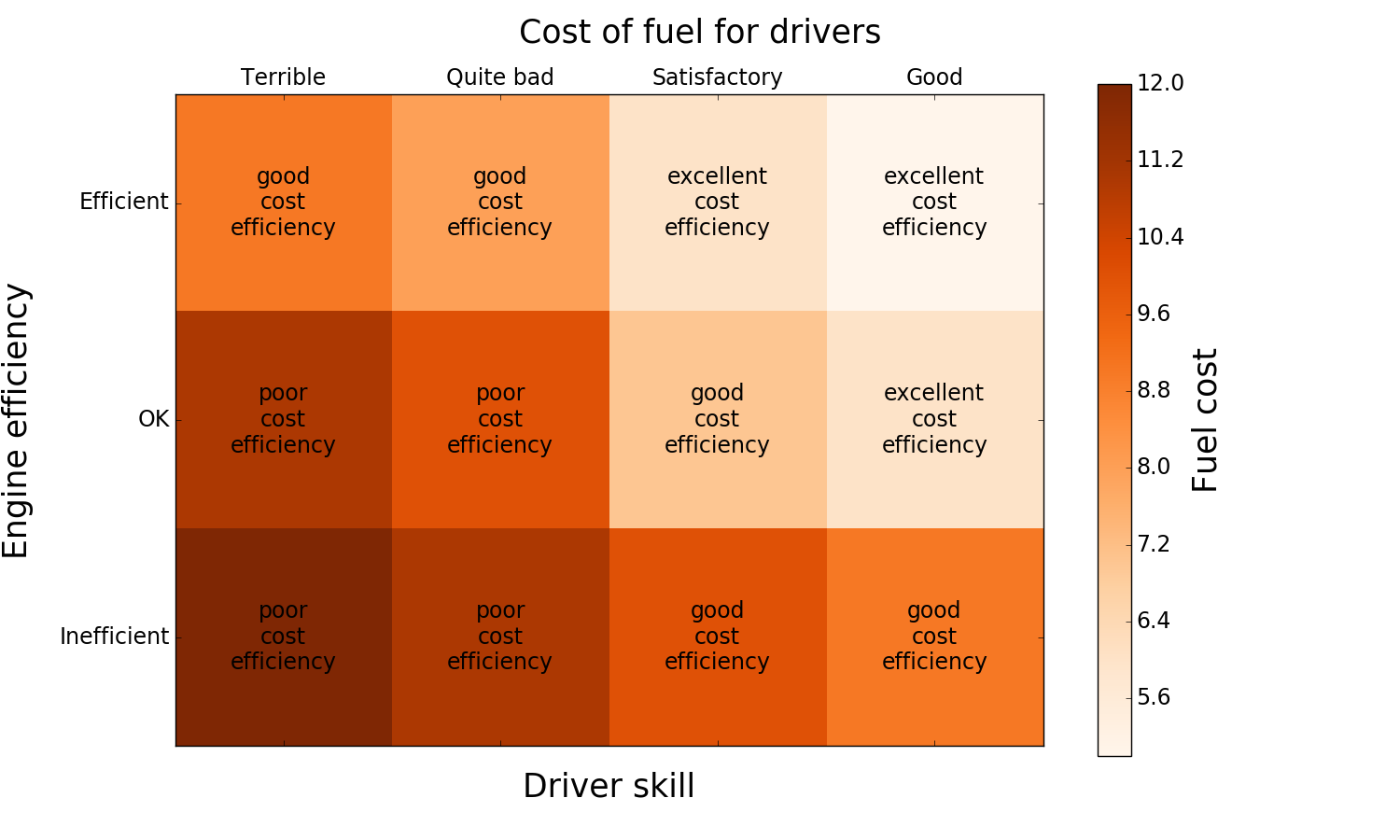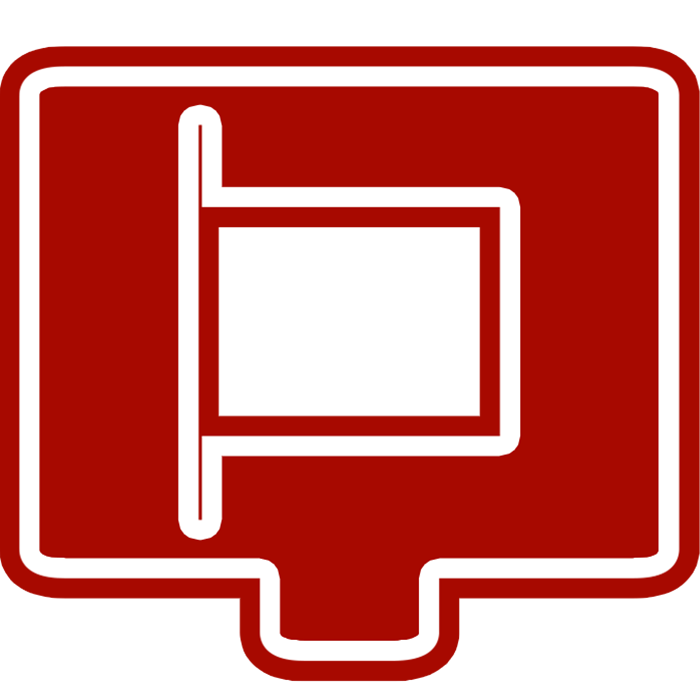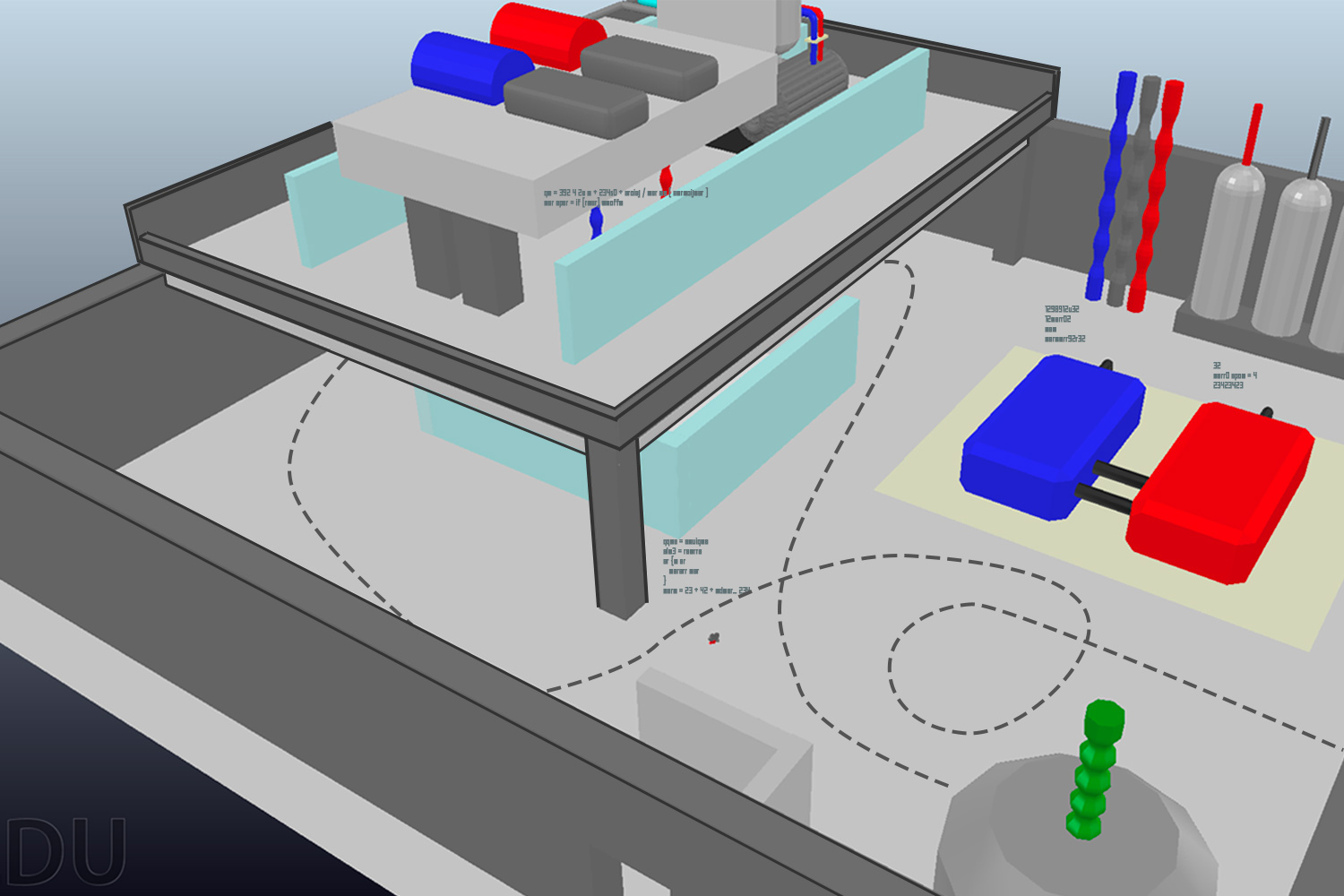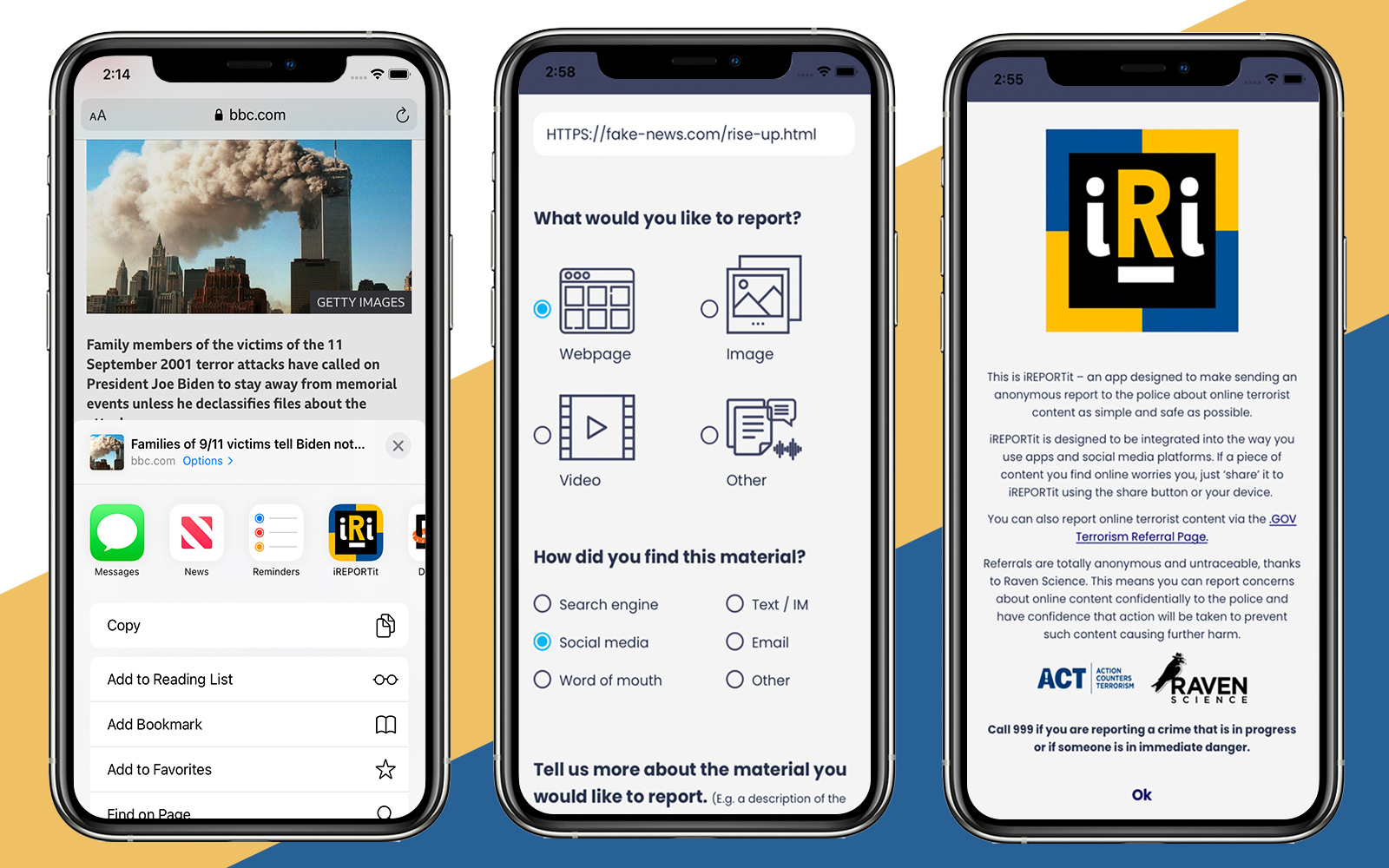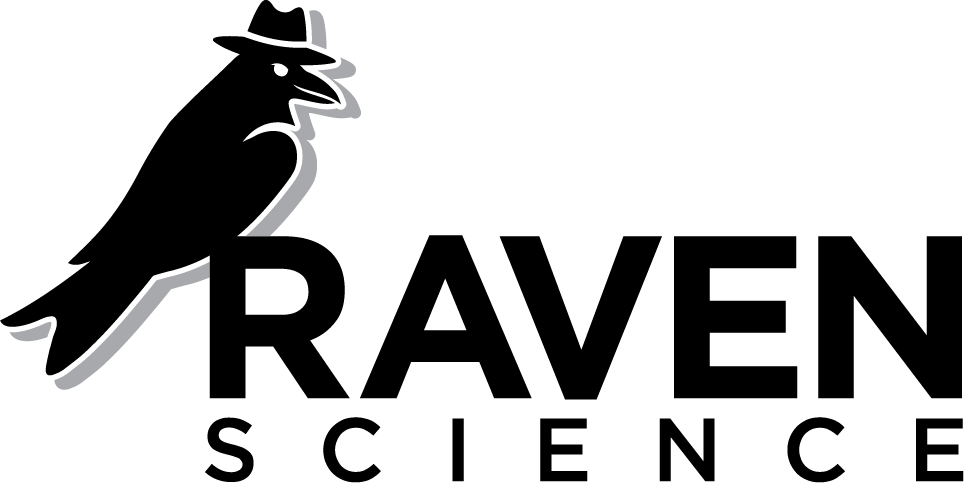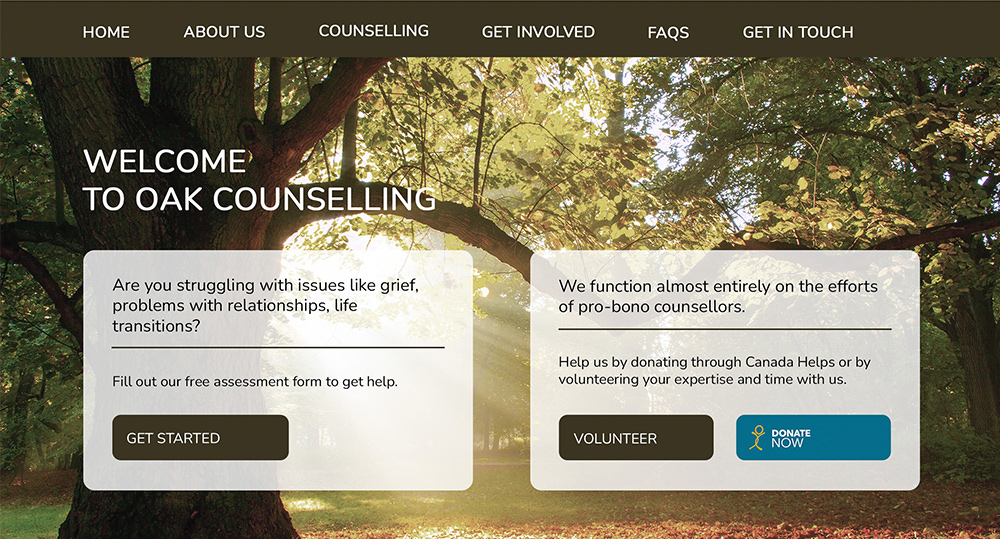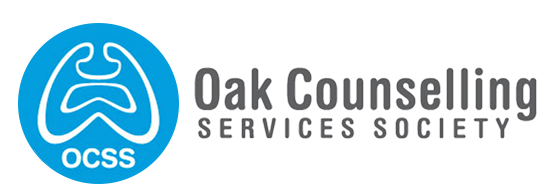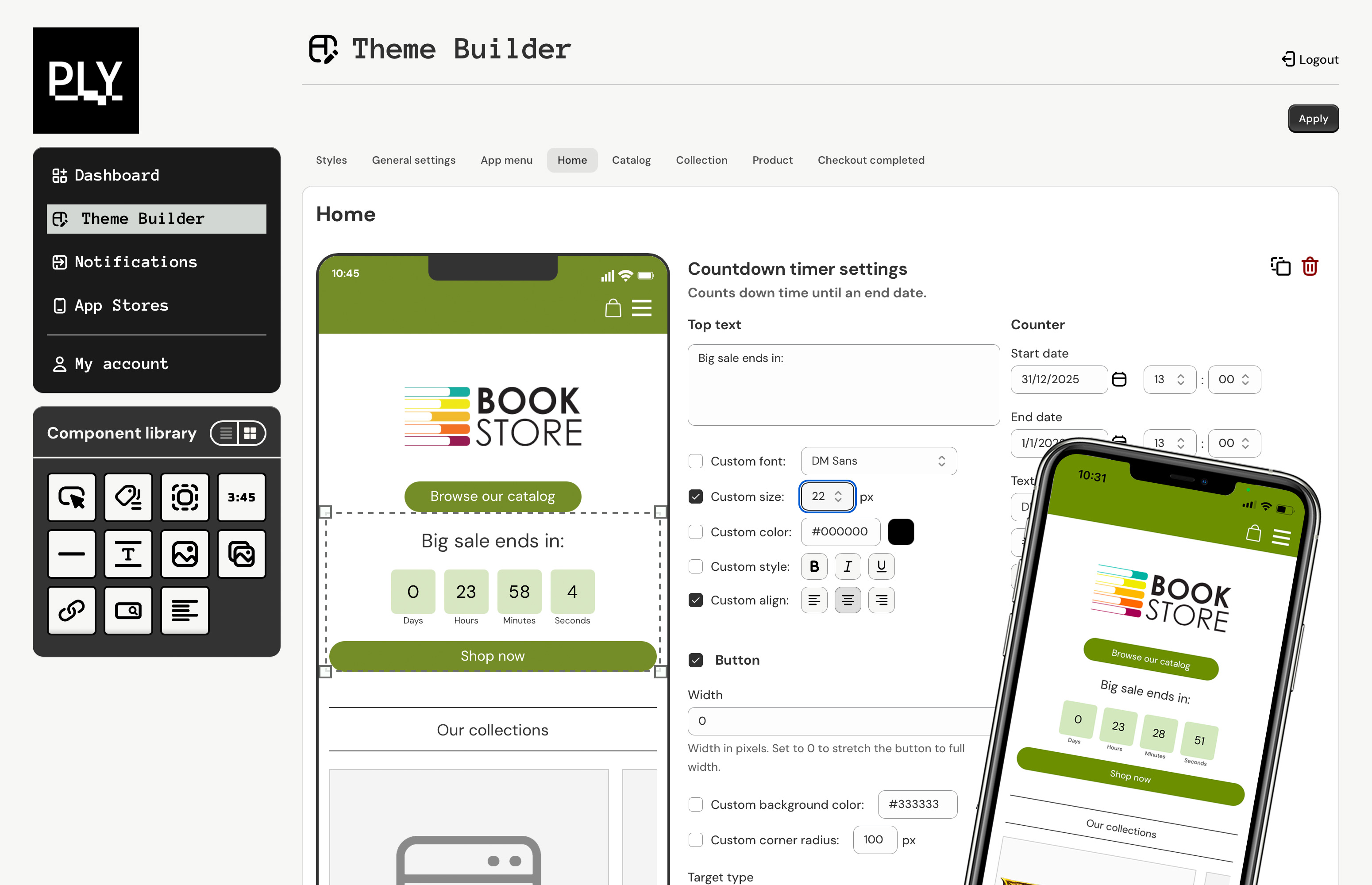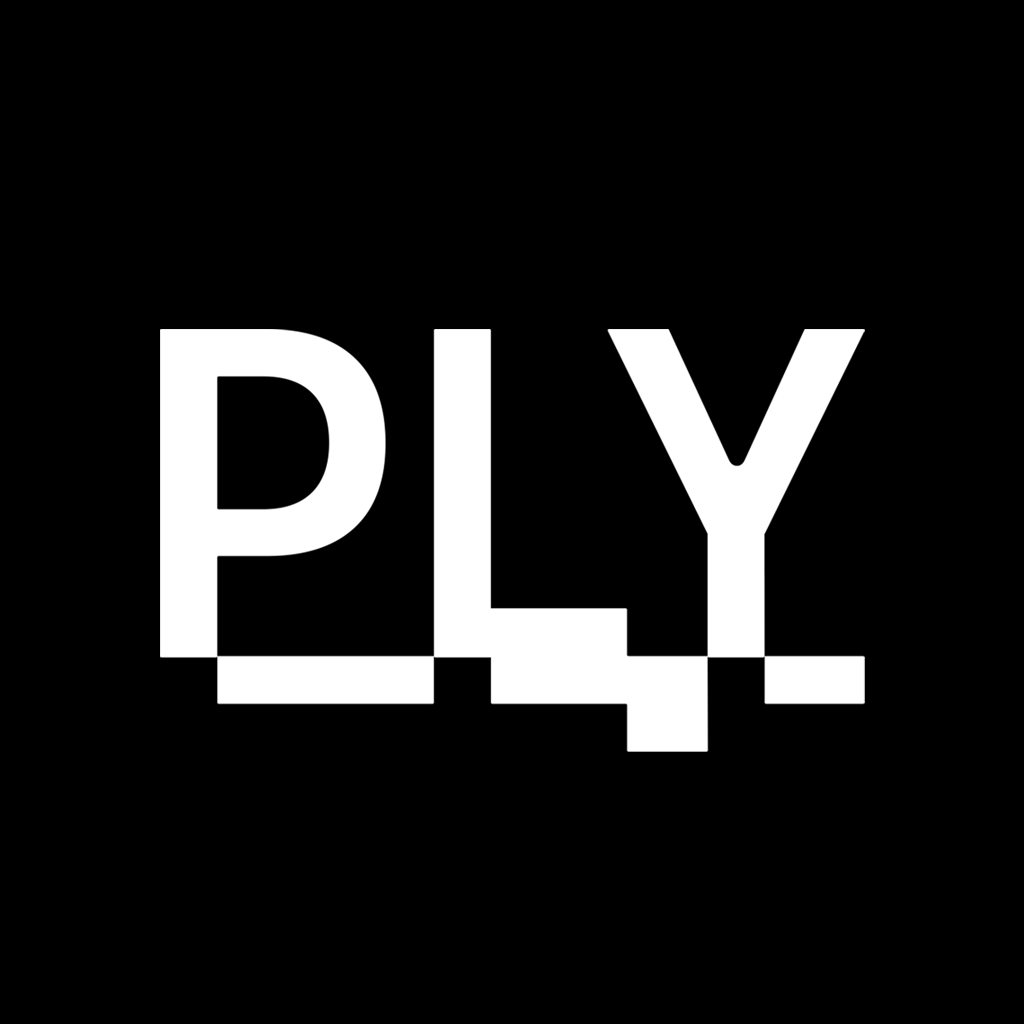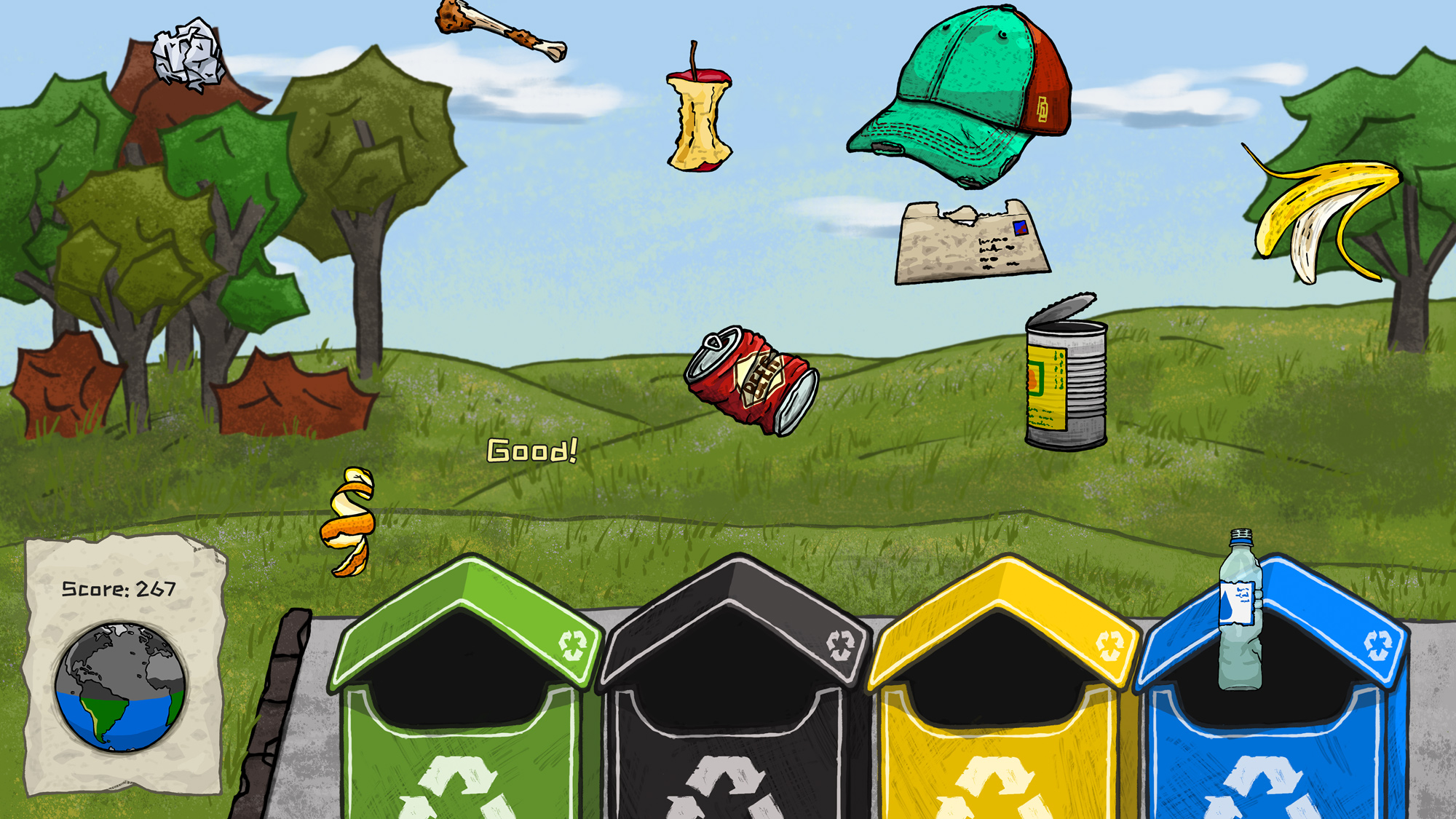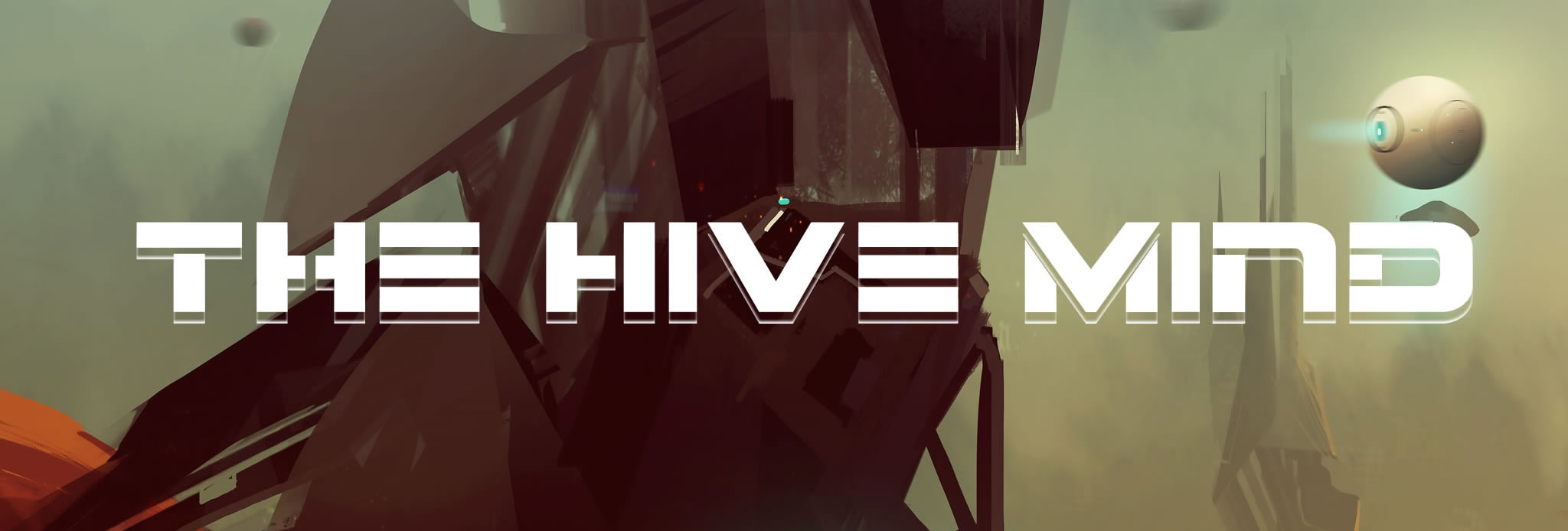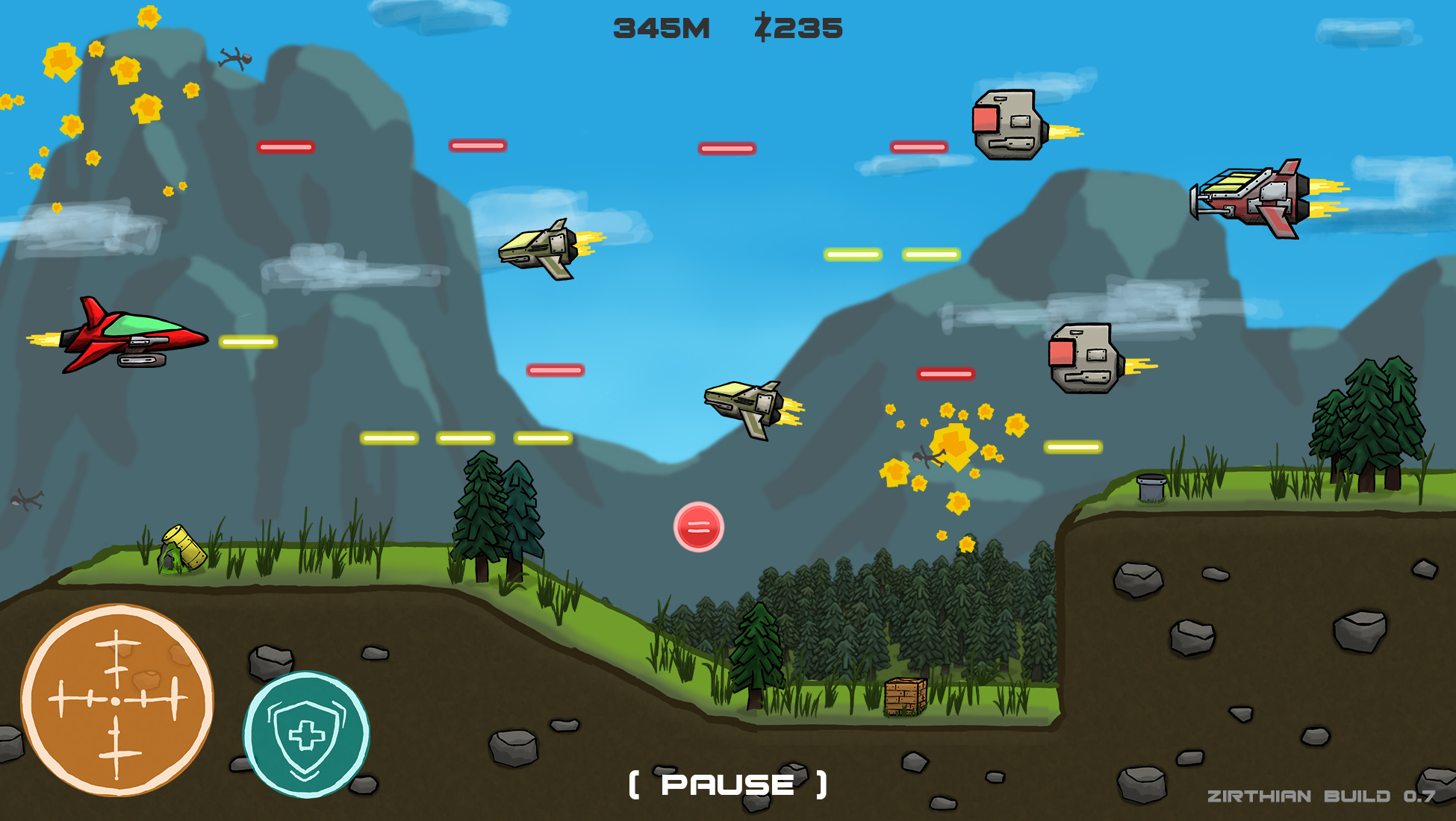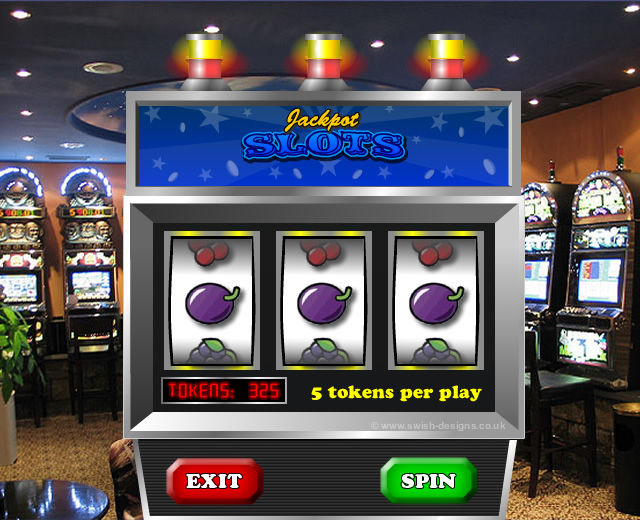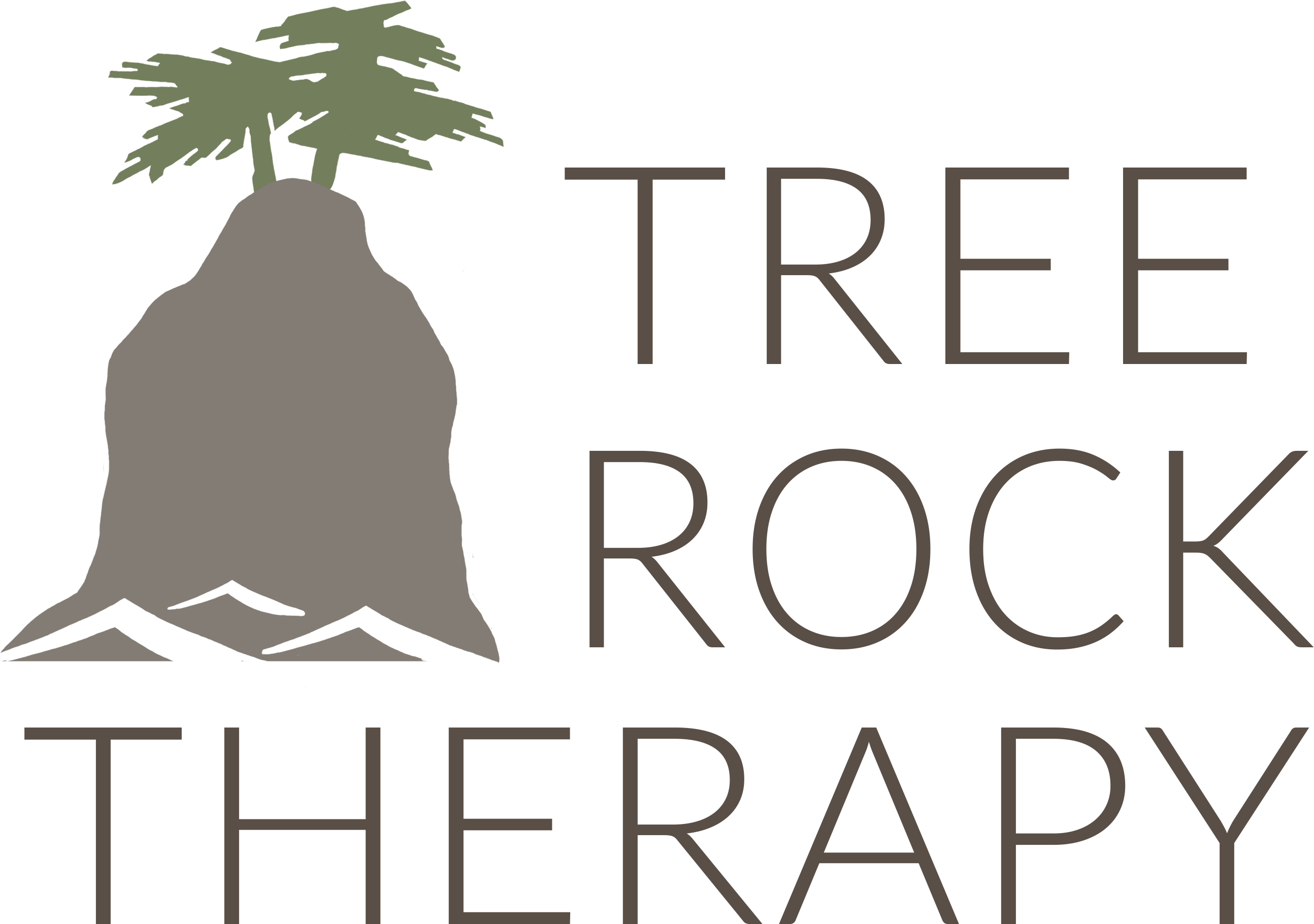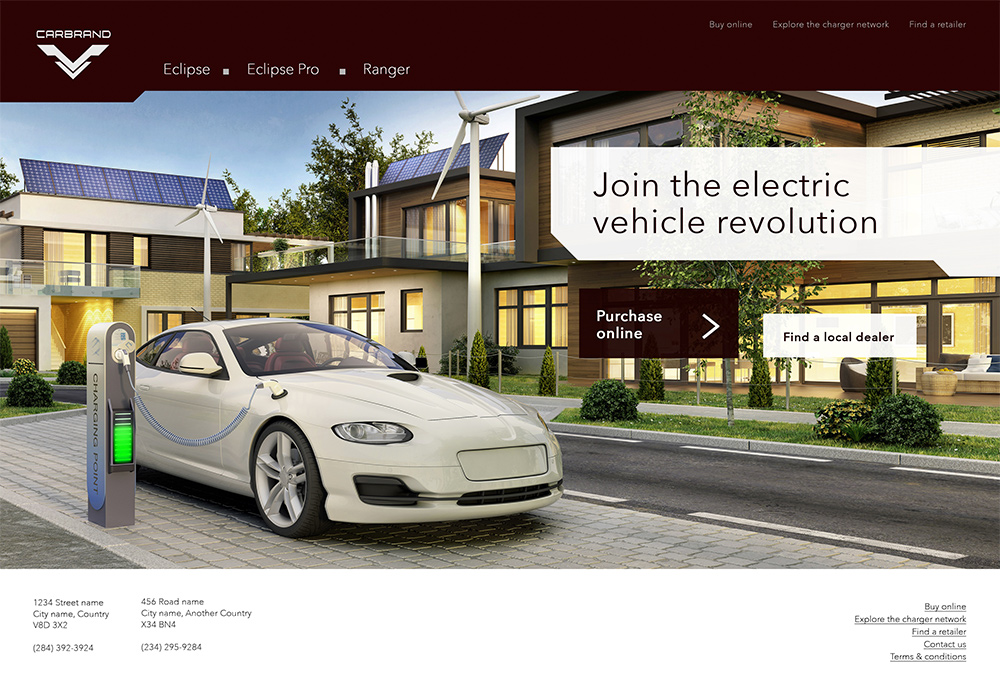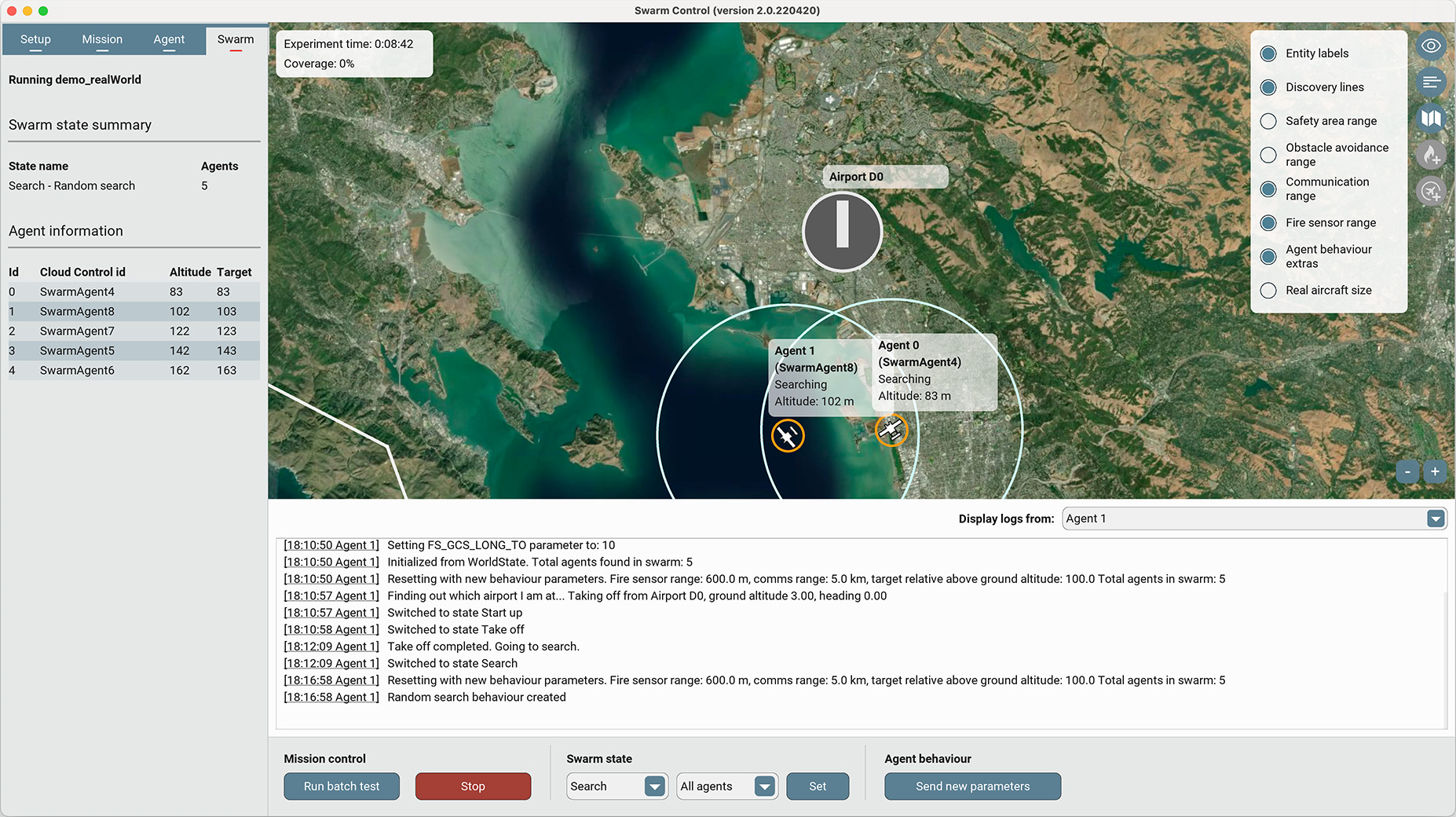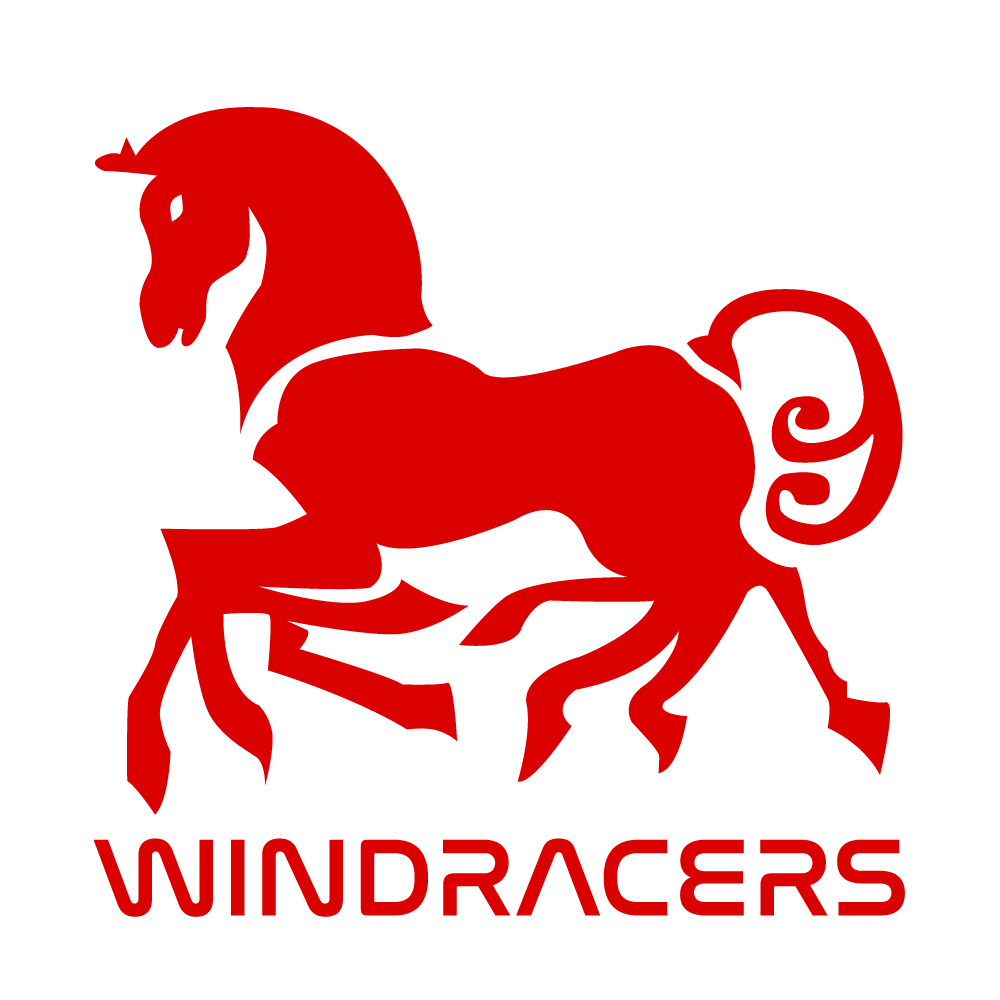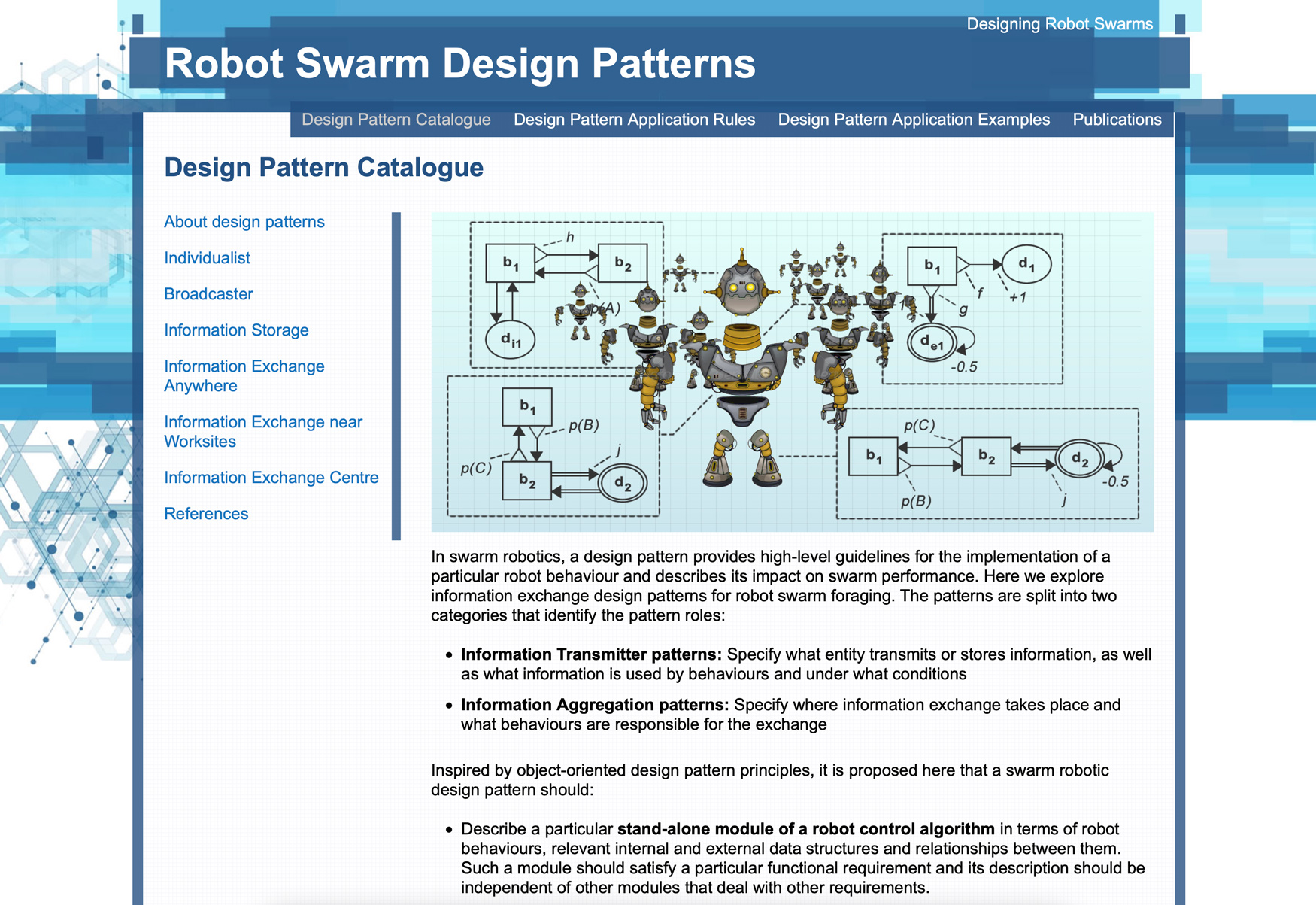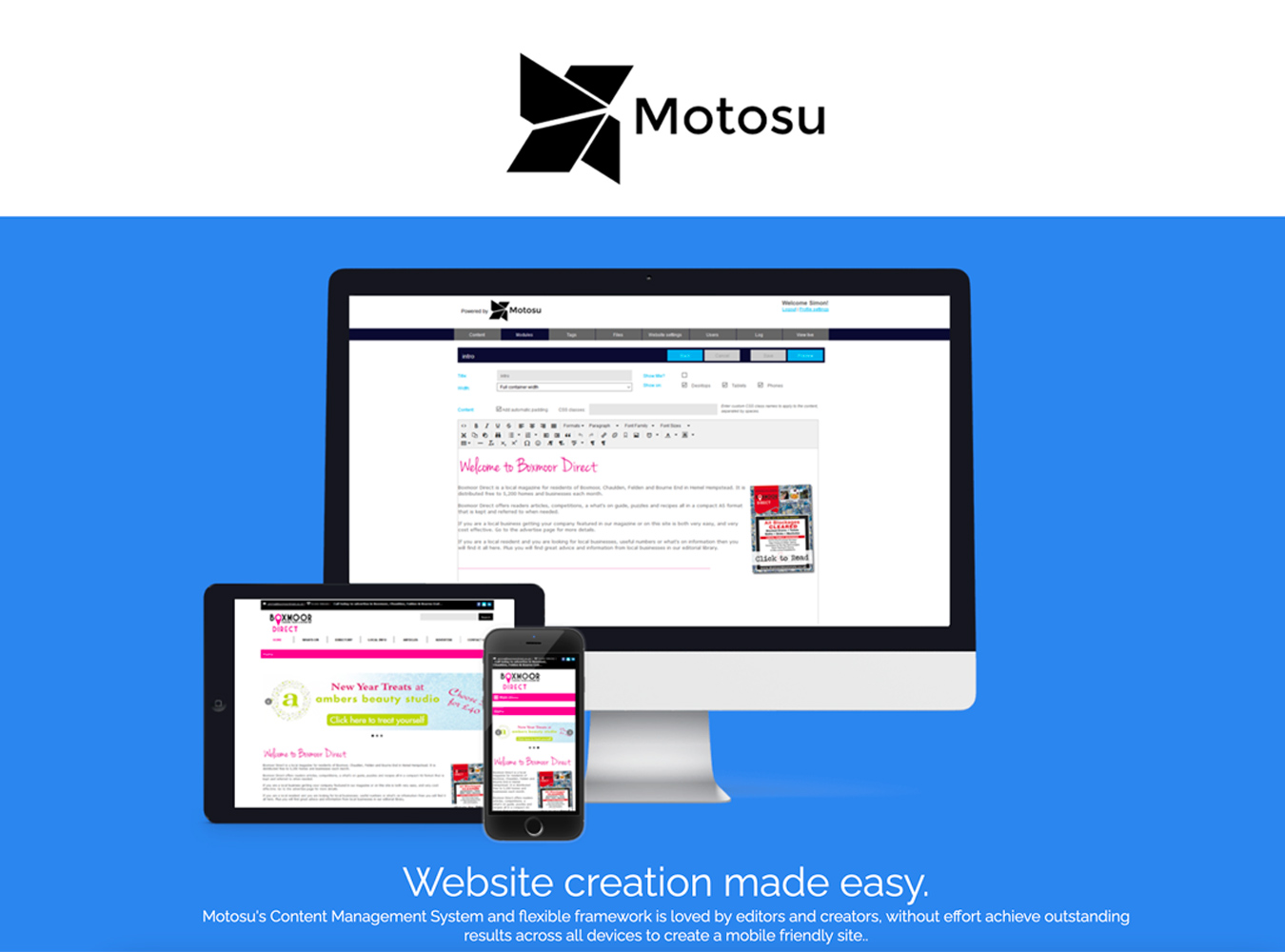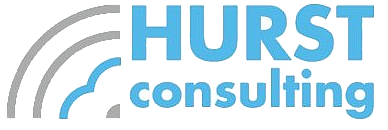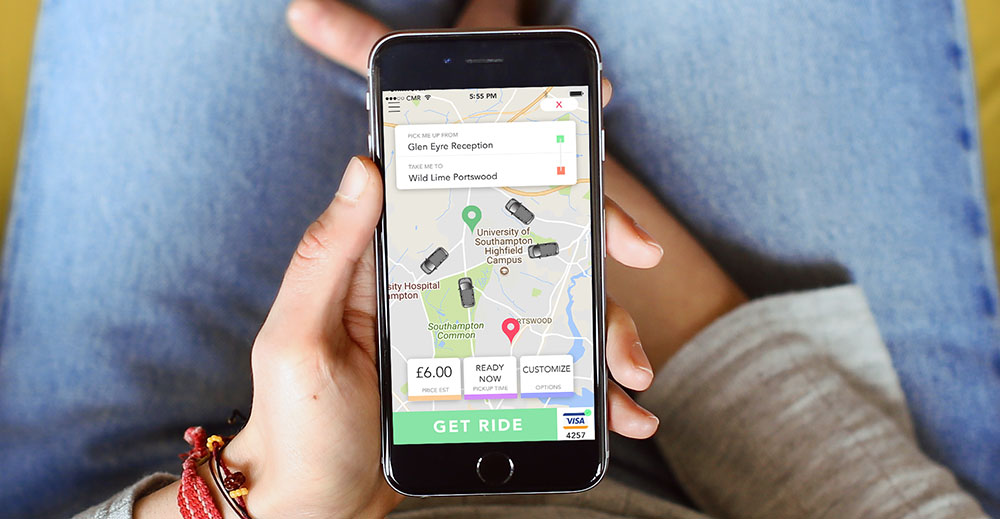
How do I start a project with you?
I believe that the best way to start a project is get to know each other better. Kindly schedule a complimentary Zoom consultation directly within my calendar at your earliest convenience. I am more than happy to sign a non-disclosure agreement prior to our discussion. Should you have any questions, please feel free to email me.During the call, we will review your project ideas and discuss the best way for me to get involved. You will also have the opportunity to ask me questions. Please feel free to email any relevant documentation to me in advance of the call.
After the call, I will follow up with you within three business days, providing a preliminary draft of milestones, deliverables, and fees for your project. We will collaborate on refining the proposal until we reach a definitive specification document.
As the final step, we will execute a service agreement with the specification document attached. Subsequently, I will commence working on the initial milestone and will provide regular updates on the project's progress.
Do you require a deposit before the work starts?
Some freelancers require deposits upon the signing of a new contract. However, I adhere to a different approach, believing in receiving payment only after specific milestones have been achieved.To ensure mutual comfort with deliverables and payment schedules, I will likely divide your project into smaller milestones.
What types of contracts do you do?
As a freelance professional, I employ two primary methods of client collaboration, and occasionally, these approaches intertwine within a single project. These two methods differ in mutually agreed-upon deliverables.-
Artifact deliverables consist of standalone pieces of work, such as designs, software with predefined features, or written documents.
These deliverables require a structured project process involving the establishment and signing of a specification document.
Subsequently, I deliver the artifacts to the specified document, and you approve the deliverables.
Artifact deliverables facilitate the establishment of clear objectives and mitigate project risks, as they incorporate milestones with defined timeframes and pricing. -
Consulting, on the other hand, involves delivering my time in an advisory capacity.
This approach is most suitable when you require me to review and advise on your existing software development processes and documentation,
attend consultation meetings with your team, or compose advisory summaries.
This type of deliverable is billed on an hourly basis every two weeks. Our service agreement will outline the number of hours that I am expected to work during each two-week period. Some clients prefer to specify minimum and maximum hourly requirements.
How big of a contract would I need to commit to?
That really depends on the specific requirements of your project. I work on both short-term and long-term projects and frequently retain clients who extend their contracts due to the ongoing nature of their work. Some clients require extensive initial consultations to establish their software development team and processes, and continue to engage with me as an occasional advisor in later stages of their project. Others seek technical planning assistance for their minimum viable product (MVP) before hiring me for a larger design or development contract once they secure additional funding.A consistent element in all my contracts is open communication between me and my clients, ensuring that I understand their current needs and future plans. My primary objective is to provide value to your team, and I thus consistently strive to listen and to adapt.


